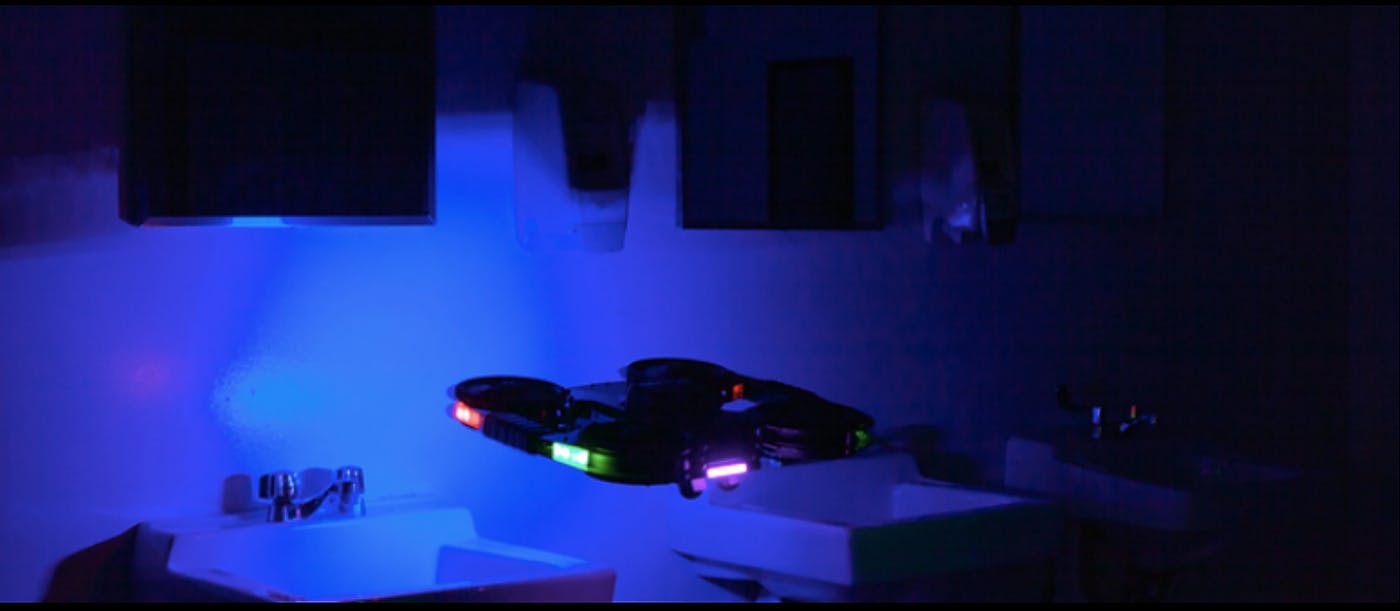479 reads
Drone Combats COVID-19 with UV-C to Achieve 99% Disinfection Rate Indoors
by
April 6th, 2020

Partner + Head of PR @ Zen Media (recently acquired: Sevans PR) ▪️ @entrepreneur ▪️ @hackernoon ▪️ @gritdaily
About Author
Partner + Head of PR @ Zen Media (recently acquired: Sevans PR) ▪️ @entrepreneur ▪️ @hackernoon ▪️ @gritdaily
